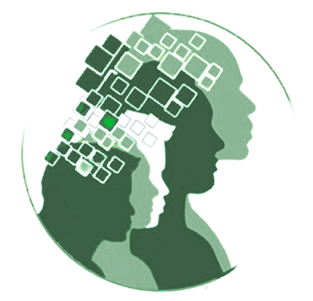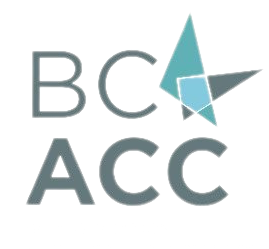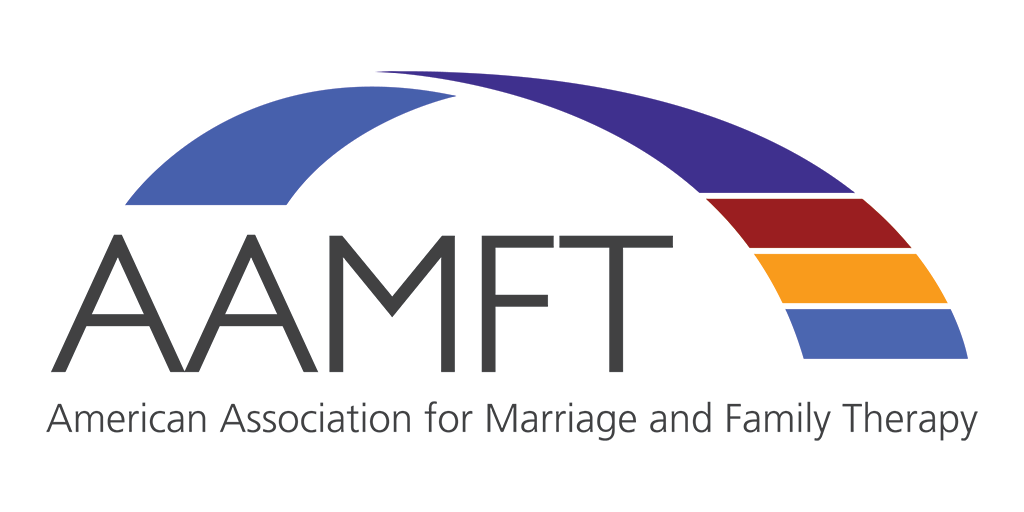Attention Deficit Hyperactivity Disorder (ADHD) is a common topic that practitioners often encounter in therapy sessions with individuals and couples. While ADHD (attention deficit hyperactivity disorder) might not always be directly addressed, the conflicts discussed by partners can reveal how ADHD affects their relationships. Conflicts are a natural part of romantic relationships, but certain factors can escalate these conflicts, potentially leading to major arguments or even separation and divorce. ADHD, with its symptoms and consequences, can significantly trigger conflicts and arguments not only in romantic relationships but also in friendships, sibling relationships, and colleague relationships. If you have been diagnosed with ADHD or if you have loved ones, including family members, partners, friends, or colleagues, who have ADHD or exhibit signs of it, I recommend reading the following paragraphs. They will help you understand and manage your relationships and communication with individuals who have ADHD, rather than exacerbating conflicts and disagreements. Understanding the root of the problem or the main reasons behind certain behaviors can help you better cope with issues and improve communication with the person affected by ADHD.
1.Procrastination
Many clients complain about their partners promising to do chores, such as cleaning a room or completing a job at home, but then delaying or failing to follow through. When a partner commits to something and then doesn’t fulfill it, it causes stress, insecurity, and loss of trust. Understanding that procrastination is a common side effect of ADHD can help reframe this behavior.
2.Forgetfulness
Have you noticed that your partner or loved ones frequently forget to do things and then apologize, saying they forgot? If this happens often in your relationship, it might be a sign of ADHD. This forgetfulness isn’t about them wanting to ignore or disrespect you; it’s about their difficulty remembering. People with ADHD may struggle to remember important tasks, such as finishing laundry, keeping track of keys, attending events, paying bills, and even completing their taxes on time. Those can significantly impact relationships and escalate issues, especially in romantic partnerships.
3.Feeling Always Tired
In romantic relationships, partners often seek to have fun and go on adventures together, activities that require energy. However, a person with ADHD may not have the same level of energy to engage in these activities. Fatigue, burnout, and brain fog are common symptoms of ADHD, leading to a constant feeling of tiredness. This lack of energy can make it difficult for them to participate in enjoyable and adventurous activities with their partner. Additionally, those with ADHD may struggle with hyperactivity, which can interfere with getting enough sleep at night. Poor sleep quality and insufficient rest result in daytime tiredness, further impacting their ability to engage in pleasurable activities. In people with ADHA, the lack of dopamine, exacerbated by poor sleep, contributes to this ongoing fatigue.
4. Time Management Difficulties
An organized person pays close attention to managing their time to perform better in their personal life and relationships. However, managing time can be challenging for a person with ADHD. They may try to schedule and manage their day to meet significant expectations, but often struggle to follow through. This struggle with time management is consistent, whether they are living with you as their partner or married to someone else. Scheduling and adhering to a plan are inherently difficult for them.
5. Difficulty Holding a Job
Undoubtedly, marital and relationship satisfaction often require financial stability, which typically comes from having a job. However, people with ADHD may struggle to keep their jobs, which can strain their relationships. They may have difficulty with routine activities and tasks, and often lack organizational skills, including time management. These challenges can lead to job loss.
6. Lack of Ability to Maintain Dialogue
People with ADHD often experience impulsivity, which can hinder their ability to maintain a dialogue. This impulsivity can lead them to interrupt conversations and struggle to focus on the messages their partner is trying to convey. Without effective dialogue, it becomes challenging to preserve the relationship. When partners feel unheard, it causes stress and anxiety, adding more conflict. The lack of meaningful conversation also prevents individuals from being vulnerable with their partner, further straining the relationship.
7. Unhealthy Attachment Style
Behaviors such as disruptive actions, interrupting others, and not keeping promises can lead people with ADHD to experience frequent rejection. These behaviors are often misunderstood by others as self-centered, intrusive, domineering, and hostile. As a result, people with ADHD may face significant rejection, leading to unhealthy attachment styles, such as anxious or avoidant attachment. One outcome of ADHD is the avoidance of becoming a significant person to others and feeling unimportant, stemming from repeated rejections and feeling unheard. Consequently, they may fear intimacy due to past experiences of rejection and unmet needs and desires. Due to repeated rejections, individuals with ADHD may fear maintaining or initiating relationships, worrying about potential rejection. This fear can prevent them from being vulnerable with their partners and can cause difficulties in forming close family and friend connections. They may also struggle with proper communication skills, further hindering their relationships.
8. Constant Stress in Their Environment
People with ADHD need a quiet environment to concentrate on their tasks, which can be stressful for those around them who might struggle to provide such a setting. Additionally, since people with ADHD find it difficult to manage their time, this can be another source of stress in their environment, including at home. Consequently, their living space can become a source of stress both for themselves and for others. The difficulty in time management causes stress for them, which can be outwardly expressed, affecting those around them. It is also stressful for others in the same space, as they must avoid activities that might distract the person with ADHD, who needs to focus properly.
Addressing the signs mentioned above helps people with ADHD and their loved ones, including spouses and romantic partners, to better understand ADHD. Learning about these signs can greatly benefit couples and families by fostering better relationships and encouraging vulnerability. Having these signs does not mean that individuals with ADHD cannot improve their relationships or have healthy, qualified relationships with their loved ones.
Understanding these aspects is the first step, and the second, most important step is implementing relevant exercises and skills to navigate and cope with these issues to improve relationships. If you experience such situations, talking with a counsellor or therapist can be a significant step. Clinical observations testify that people with ADHD can benefit from counselling and psychotherapy services to boost their relationships with themselves and others, including their romantic partners. In such therapy services, clients can practice reinforcing healthy behaviors and applying communication skills outside of counselling to improve relationships. Additionally, counselling sessions provide a space to learn other relevant skills such as time management, coping with procrastination and forgetfulness, building a healthy attachment style, and managing stress.
Should you feel the need to explore more about conflicts with your partner rooted in ADHD and want to be well-equipped with relevant tools and skills to enrich your spousal life, do not hesitate to reach out for professional support.You can schedule counselling and psychotherapy sessions to take place in person at Park Place in downtown Vancouver, or if you live in the Tri-cities (Coquitlam, Port Coquitlam, and Port Moody), you can come to my other office in the Tri-city Business Centre located on Shaughnessy Street. Additionally, you can receive counselling and psychotherapy services online via Telehealth or virtually.










